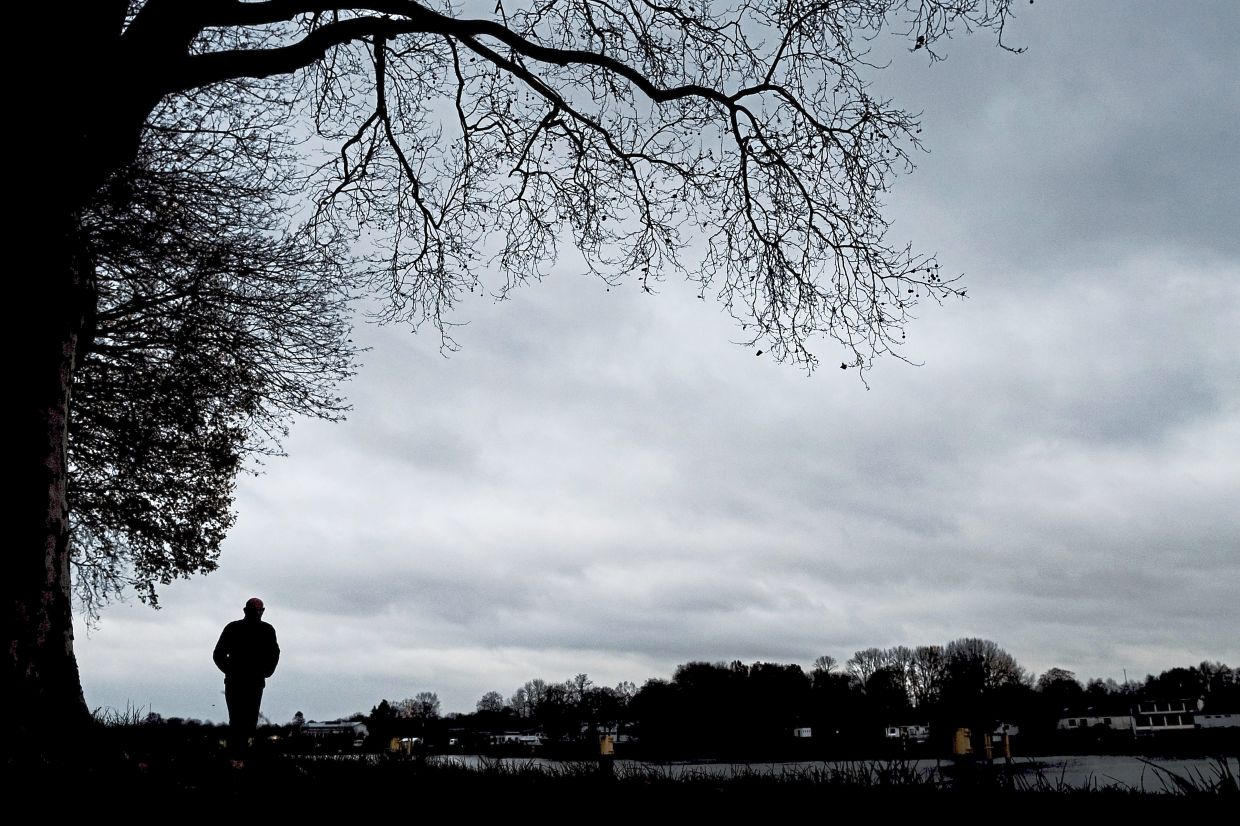Many older people suffer from depression, but don’t realise it, as it’s often masked by other medical conditions common at their age.
This doesn’t make it less serious though.
Late-life depression, also known as geriatric depression, is seldom discussed openly despite being – along with dementia disorders – among the most common mental illnesses affecting people in old age, according to the German Depression Aid and Suicide Prevention Foundation (SDD).
Early diagnosis and treatment is essential, it says, noting that the suicide risk of sufferers – particularly men – rises significantly with increasing age.
Many older people are plagued by fatigue, trouble sleeping and memory problems, which they may put down to advanced age.
This isn’t always their only cause, however.
They’re often symptoms of depression, which in old age is especially difficult to recognise.
Every year, 6% of people aged 70-79 develop depression, according to the Robert Koch Institute, Germany’s public health institute.
Subclinical depression – having depressive symptoms not meeting the criteria for a depressive disorder – is two to three times more common and often remains undiagnosed too.
This is partly because depression presents differently in old age.
Instead of sadness, at the forefront are often physical complaints such as back pain, insomnia or digestive problems, which can distract sufferers from the state of their mental health.
What’s more, its symptoms can mimic early-stage dementia, such as difficulty concentrating, memory lapses or slowed thinking and speech – a condition known as pseudodementia.
While sufferers may fear they have Alzheimer’s disease, the cognitive impairment accompanying their depression is reversible with treatment.
Doctors who don’t ask older patients about mental symptoms of possible depression, e.g. hopelessness, guilt feelings and suicidal thoughts, can overlook an underlying depression and consequently fail to treat it adequately.
Diagnosis of late-life depression is made, the SDD says, with the help of conversations between doctor and patient, as well as special tests such as the Geriatric Depression Scale (GDS), a self-report measure of depression in older adults.
Treating it is just as important as treating depression in younger people.
Both psychotherapy and medication have proved to be effective when treatment is timely.
Late-life depression sufferers and their family members should know that most suicides result from a mental health disorder, treatment of depression lowers the suicide risk, and warning signs of suicide, e.g. comments such as “I can’t take it any more!”, should always be taken seriously and addressed. – dpa
Those suffering from mental health issues or contemplating suicide can reach out to the Mental Health Psychosocial Support Service (03-2935 9935 or 014-322 3392); Talian Kasih (15999 or 019-261 5999 on WhatsApp); Jakim’s Family, Social and Community care centre (011-1959 8214 on WhatsApp); and Befrienders Kuala Lumpur (03-7627 2929 or email sam@befrienders.org.my).

